Comparative
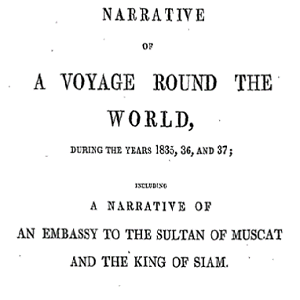
Memoir of William Ruschenberger
Dr. William Ruschenberger (d. 1895) was a United States Navy surgeon and was assigned to the USS Peacock, serving with Edmund Roberts as part of an American delegation representing the Jackson Administration to negotiate treaties with the Omani Empire and the Kingdom of Siam.
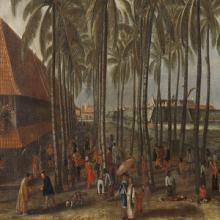
Short Teaching Module: Spatial Histories of Law, Race and Empire
Law is not only to be found in doctrine and documents, but also in structures and materials, in buildings and in cloth, in paintings and in photos.

The landraad in Pati
This is a photo of a mixed colonial law court, the landraad, in Pati, a town located on the island of Java, now part of Indonesia. The photo was made by the British photographers Woodbury & Page on the request of the bupati (regent) Raden Adipati Ario Tjondro Adhi Negoro.
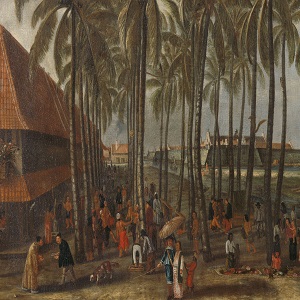
The Batavia Castle
Seventeenth-century market in the city Batavia (nowadays Jakarta, Indonesia), the central node of Dutch imperial activities in the Indian Ocean region. The Batavia Castle is visible in the background and to its right the Council of Justice with the gallows and whipping post in front of it.
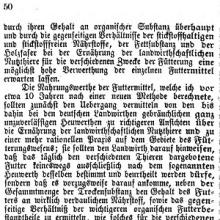
Short Teaching Module: Agricultural Knowledge in the Late Nineteenth Century
Knowledge knows no national boundaries. Therefore, the history of knowledge also has to move beyond national boundaries to understand how knowledge was produced, moved, and adapted. Telling such a history without the limitations of national boundaries is challenging.

Map of Land Grant for Cornell University, 1877
Similar to the New Zealand land grant, yet within a distinct political context, the development of land-grant universities in the United States followed and encouraged an institutional financing model based u
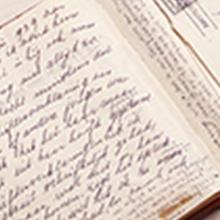
Analyzing Personal Accounts
Personal accounts, including memoirs, journals, diaries, autobiographies, and life histories, are important historical sources that help us understand the human condition. These are the stories we tell about our lives that usually portray a larger picture of a life in historical context.
Analyzing Official Documents
Official documents produced by governments, supranational organizations, courts of law, and more are abundant in supply, but can be intimidating and confusing to approach. They are often filled with language that seems convoluted, emotionless, and highly technical.